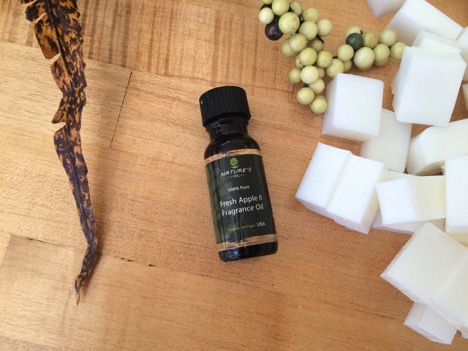Crafting sustainable apothecary products requires more than ingredient swaps or greener packaging. It involves decisions about sourcing, formulation methods, and long-term impact at every stage of production. Bulk Apothecary supports this process by offering raw materials that align with environmentally sound practices. Here’s how to approach creating apothecary products when you are trying to focus on sustainability:
Less Waste in Small-Batch Production
Products made in small batches often generate less waste than large-scale production runs. Smaller output of apothecary products allows greater control over how much is made, stored, and discarded, especially when testing new formulations or customizing for seasonal needs. Working in small volumes also makes it easier to repurpose unused materials or avoid over-purchasing.
Packaging contributes to waste in other ways. Buying from a single supplier in bulk quantities reduces the number of shipments and lowers the total volume of disposable containers. Simpler recipes that require fewer ingredients tend to streamline sourcing and reduce reliance on components that are hard to recycle properly.
Sustainable Ingredient Sourcing
Sourcing materials with sustainability in mind begins with identifying natural options that are harvested responsibly. Essential oils, plant butters, and carrier oils derived from renewable resources can reduce ecological strain when grown using ethical agricultural methods. Certifications alone don’t always guarantee sustainability, but they provide a starting point when evaluating how a supplier handles extraction and regeneration. Choosing ingredients that are biodegradable and minimally processed helps minimize the impact downstream once the product is used and discarded. Bulk Apothecary stocks botanical oils, waxes, and extracts that support small-batch makers focused on ethical production. This enables you to match product goals with ingredients that meet their environmental benchmarks.
Eco-Conscious Packaging Choices
Many crafters now prioritize packaging that reflects the sustainable values of their products. Glass and aluminum containers are reusable and recyclable, making them a preferred alternative to single-use plastics. Some packaging types also better preserve oils or butters without leaching, which extends product life and prevents unnecessary waste.
Minimalist labels printed with plant-based inks on uncoated paper contribute to a smaller ecological footprint. Choosing containers with standard sizes or screw-thread finishes improves the likelihood that users will repurpose them. Clear guidance on how to reuse supplies makes it easier for you to handle packaging responsibly.
Energy Use in Production Practices
Energy consumption is another key element. Products that require long heating times or multiple temperature shifts will use more electricity or fuel, especially when made in larger volumes. Cold-process methods, particularly for soaps or emulsions, use less energy and often allow for simpler cleanup. Apothecary makers who rely on double boilers, stick blenders, or small hot plates can improve energy efficiency by batch-timing their production. Using lids during heating and consolidating prep tasks also reduces unnecessary output. When scaling production, energy-efficient equipment like induction burners or high-efficiency mixers can lower operational demands without altering product quality.
Some ingredients, like beeswax or hard oils, take more time and heat to blend evenly. Creating separate pre-mixes or using powdered alternatives may shorten mixing cycles and conserve power. Thoughtful staging of equipment and cleanup areas reduces water usage during rinsing or sanitizing.
If you blend in temperature-controlled environments, adjust your HVAC usage depending on the season. Timing batches in cooler parts of the day or year may cut back on indoor climate control and provide added comfort for those working near heated surfaces. These adjustments become especially helpful in workshops that rely on shared utilities or have limited ventilation.
Implement Sustainable Crafting With Apothecary Products
Crafting apothecary products with a sustainable mindset means considering the entire process, not just the ingredients. Packaging, energy use, and long-term product behavior all contribute to a process that respects both the user and the environment. Bulk Apothecary carries products that create good outcomes while being friendly to the environment. Browse our selection to find what you need.


